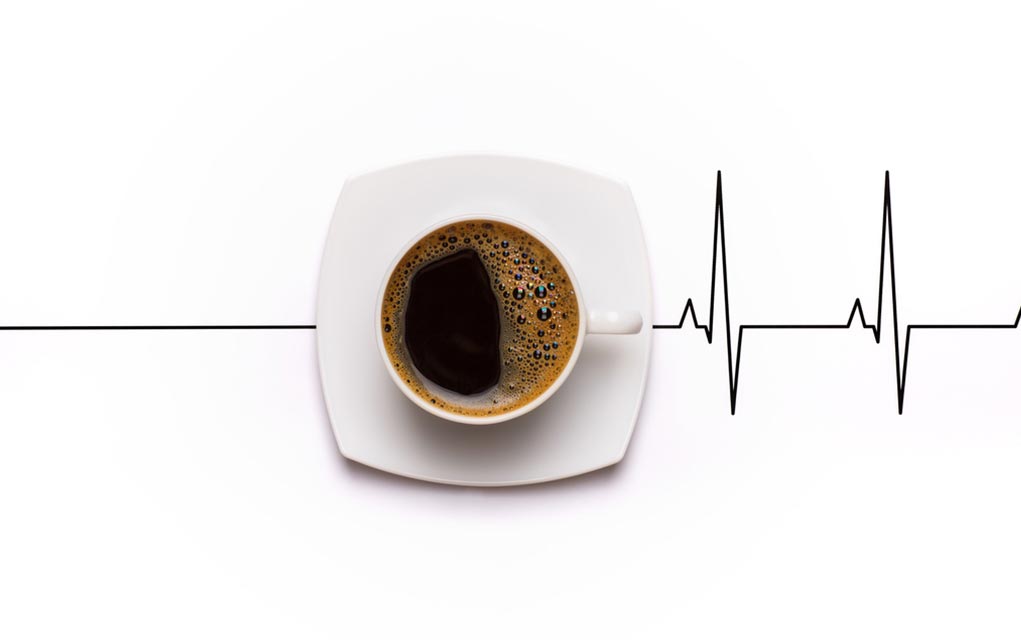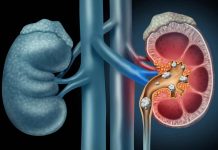
(AscendHealthy.com) – Your chest feels tight. You’re having trouble breathing. Sweat is rolling off your brow and the room feels like it’s spinning. You can feel your heart pounding in your chest. You grab at the pain there in your chest and wonder, “Am I having a heart attack?”
If you think you might be having a heart attack, call 911. Time matters. And even if it turns out to be a panic attack, it’s better to be safe than sorry — or worse. We have details on how panic attacks and heart attacks generally present and how to tell the difference.
Panic Attack Symptoms
The symptoms of an anxiety or panic attack are as varied as the people who have them. While you might experience signs not listed here, some of the most common symptoms of a panic attack include:
- Heart palpitations, pounding heart or rapid heart rate.
- Sweating.
- Tightness or pain in the center upper part of the chest.
- Rapid breathing or difficulty breathing.
- Trembling or shaking/weakness.
- Dizziness, lightheadedness or faintness.
- Nausea or abdominal discomfort.
Keep in mind that these symptoms might also be experienced during a heart attack. There are additional symptoms that are exclusive to heart attacks listed below.
Heart Attack Symptoms
The symptoms of a heart attack include the symptoms listed for an anxiety attack, but they might also include the following additional symptoms:
- Pain in your left shoulder, down your left arm or radiating into your back and shoulder blades and/or into your jaw.
- Chest pain or discomfort.
- Shortness of breath.
- Severe pain in your mid-chest or upper chest, possibly including a sensation of tightness in the chest.
- Vomiting.
Can You Tell the Difference?
Attempting to tell the difference between a panic attack and a heart attack at home, especially if you have never experienced either, is not advisable. Your best course of action is to consult a doctor immediately. That said, there are subtle differences.
The characteristics of the pain you feel might be different depending on whether you are experiencing a panic attack or a heart attack. During a panic attack, chest pain is generally localized to the center of the chest and tends to feel sharp or stabbing. Heart attack pain might start more as extreme pressure building and radiating to your arm, back or jaw.
Heart attacks tend to be brought on by physical exertion whereas panic attacks tend to happen as a consequence of emotional upheaval. Either condition can strike suddenly and without warning.
Panic attacks tend to resolve in 20-30 minutes. Heart attacks usually intensify during that time frame because the heart muscle is undergoing critical damage. Because time is so crucial when dealing with heart attacks, it’s never a good idea to wait until an attack subsides to identify it.
When to Seek Medical Attention
According to the Anxiety and Depression Association of America, 2 to 3% of people (or around 6 million) have panic attacks and seek medical attention each year. The Centers for Disease Control and Prevention (CDC) reports that 18.2 million people have cardiovascular disease. Heart disease and heart attack can account for as much as 1 in 4 deaths. Because of this, you need to know that you are statistically more likely to have a heart attack than a panic attack.
Medical experts advise that you should always seek emergency medical attention if you have:
- Sudden severe chest pain.
- Chest pressure lasting more than 2-3 minutes.
- Chest pain that radiates down your left shoulder/arm or into your jaw.
If you are uncertain about whether it’s a panic attack or heart attack, seek medical assistance immediately.
Suffering a panic attack or a heart attack can be a frightening and painful experience. It’s critical that you seek out medical attention for either condition, especially if you have never experienced either one before. You should never be embarrassed or afraid to seek emergency medical attention if you are experiencing shortness of breath or chest pain. Seeking treatment might be a matter of life or death.
~Here’s to Your Healthy Ascension
Copyright 2023, AscendHealthy.com




















